America has functioned as a democracy for almost 250 years now. Founded on the beliefs that there should be no taxation without representation, and that “we the people” have the right to elect our own representatives, America has been synonymous with democracy for a long time.
It’s important to realize that voting wasn’t always available to everyone, and it still isn’t. This is why it’s even more important for people who are able to vote to get out to vote.
There are many misconceptions that revolve around the system of voting in America, specifically around the two part system that is used during a presidential election: the popular vote and the electoral college.
The popular vote is straightforward. This is the typical definition associated with voting; people line up all around the country to cast their ballots, and at the end of the day, numbers are tallied by election officials and presented to the general public to determine the victor of the election. Members of the Senate and the House of Representatives are chosen in this way, as outlined by Article I of the Constitution.
A body of electors representing the 50 states along with the District of Columbia (D.C.), the Electoral College is responsible for formally electing the President and the Vice President of the United States.
Established at the 1787 Constitutional Convention, the Electoral College assigns a number of votes per state, normally based on population. This “indirect” voting method is used as a check to balance the popular vote. If a candidate wins 270 votes of 538, the candidate has won the presidency.
A common question that many people find themselves pondering is, if the Electoral College is the final judge on who gets the seat, then doesn’t that mean my vote doesn’t matter?
Of course not. The College is a little more complicated than that.
When you submit your ballot, you’re actually voting for an Elector that presides over your state. The said Elector has pledged to vote for a particular set of candidates. Now this doesn’t mean that you have random names on your ballot, but instead when you submit your vote, there is a number of electors assigned to your candidate. Based on how many votes a candidate gets, more or less Electors are won.
It’s also important to remember that the popular vote doesn’t always dictate the outcome of the electoral vote either. There were five times in the past where the winner of the popular vote did not become president, this happening most recently in 2016 with the standoff between Hilary Clinton and Donald Trump.
Understanding this nuance is crucial to understanding the importance of your vote, as this is one of the reasons why battleground states are so important. Politicians are very intentional about what states they target, and how they target them.
Pennsylvania is one of the bigger swing states, coming in with a whopping 19 votes for this year’s election. Pennsylvania has tended “blue” (or Democratic leaning) in the last few election cycles before 2016 saw a Trump victory—even if it was only by a margin of 0.7%. It was just as competitive in 2020, Biden barely winning the state by a margin of 1.2%.
Because Pennsylvania has historically been anyone’s game, it’s even more important for you to show up and send your ballots. The idea that your vote “matters” more in Pennsylvania comes entirely from the concept of the Electoral College, so in contradiction to what people usually think, your vote is even more important now that we are in a battleground state during a Presidential election.
A red vote would get drowned out in a typically blue state like California, and a blue vote would get drowned out in a typically red state like Texas, but in Pennsylvania, every single vote matters.
Encourage family members away at college to come back home to register to vote, using their dependent address for the registration (if they live in a state where their voice won’t count as much). Make sure to double and triple check your voting registration status and your polling location before you get ready for election day.
Most of all, make sure you know your own rights. As citizens of the United States of America you do not need to speak English to vote in any state, there is no test you need to pass to vote in any state, and lastly realize that it is illegal to intimidate voters and a federal crime to intimidate, coerce, or threaten voters of any kind around the polling booths. In Pennsylvania, polls are open from 7am to 8pm. If you’re in line before 8pm, you are allowed to cast your vote.
Your voice matters. Especially in Pennsylvania. By exercising one of our fundamental rights, you help uphold our democracy, no matter how fragile it seems.
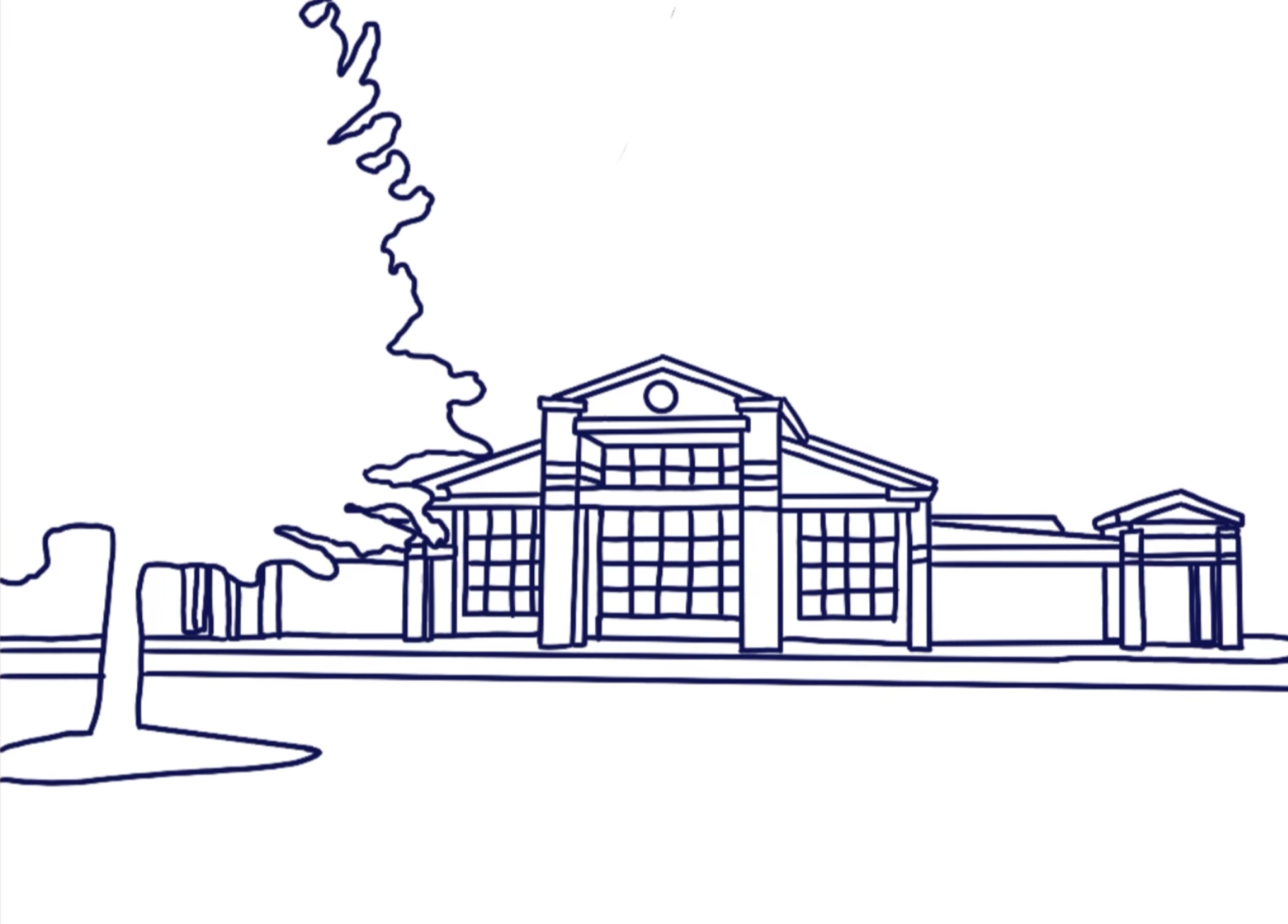














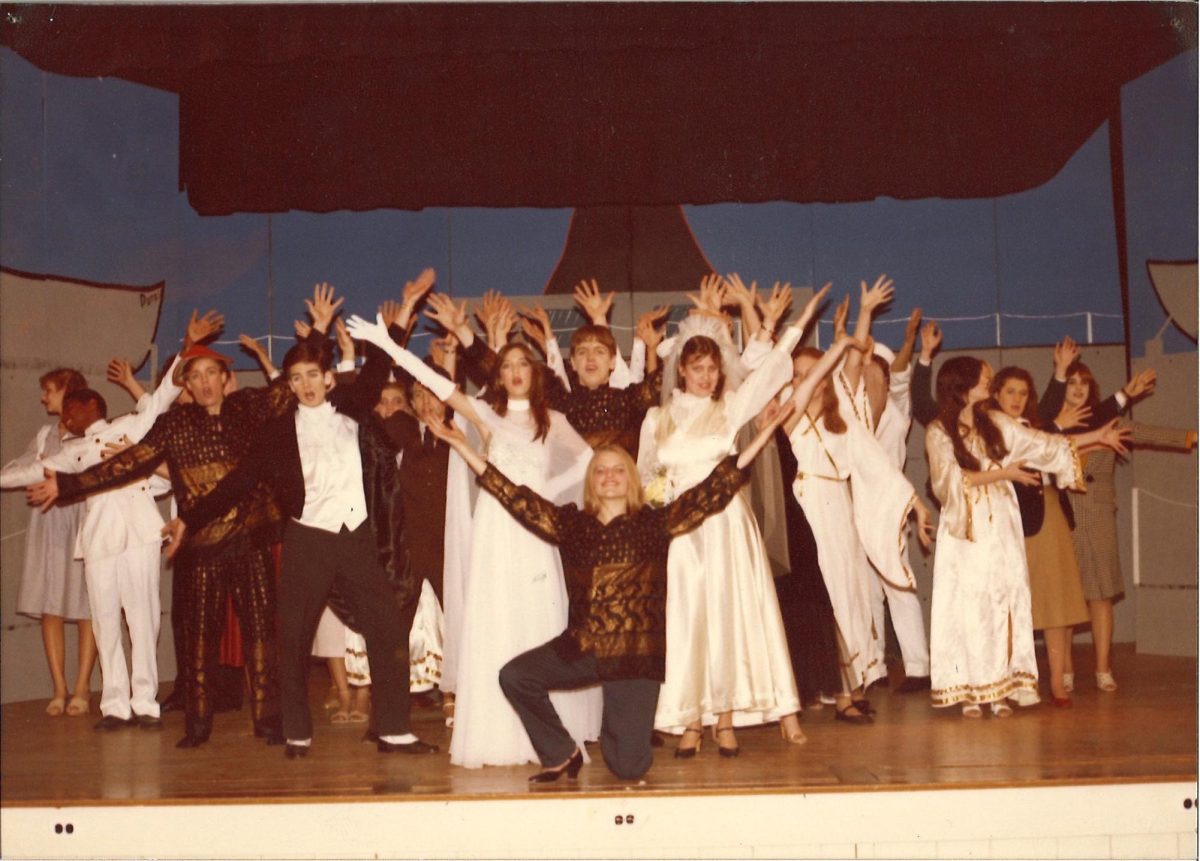


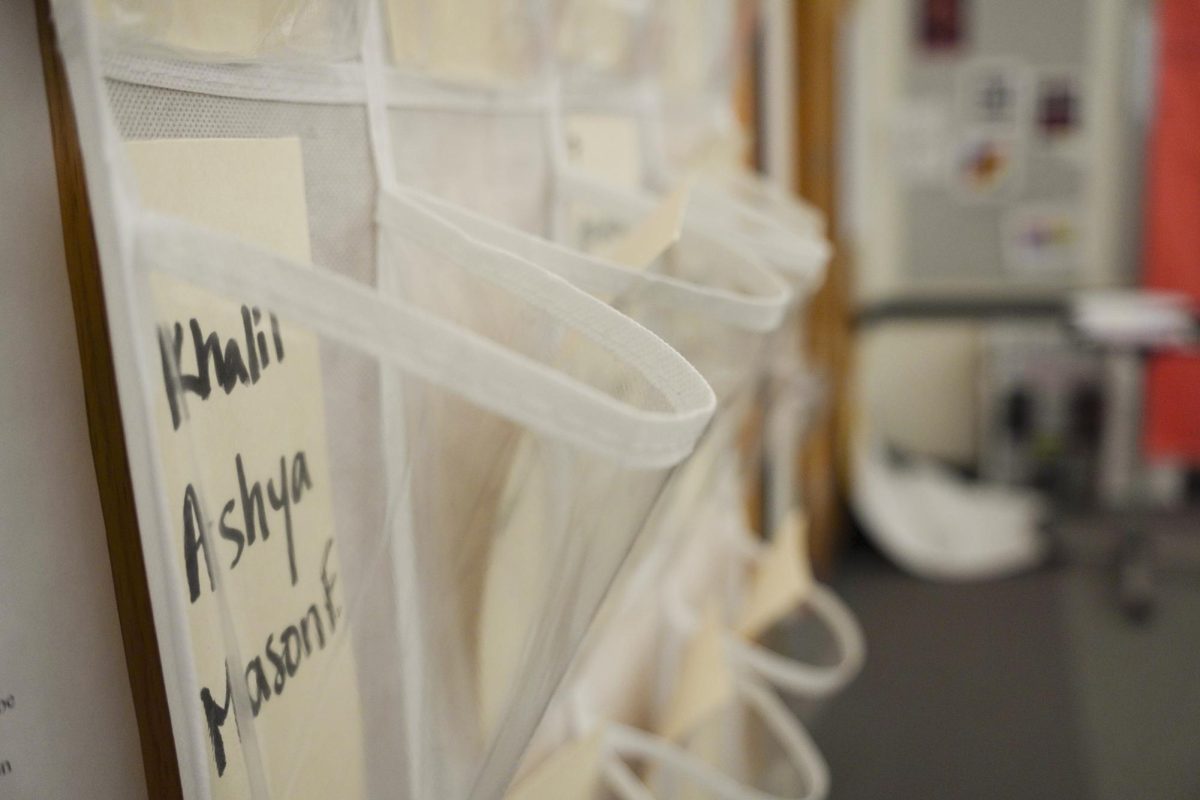




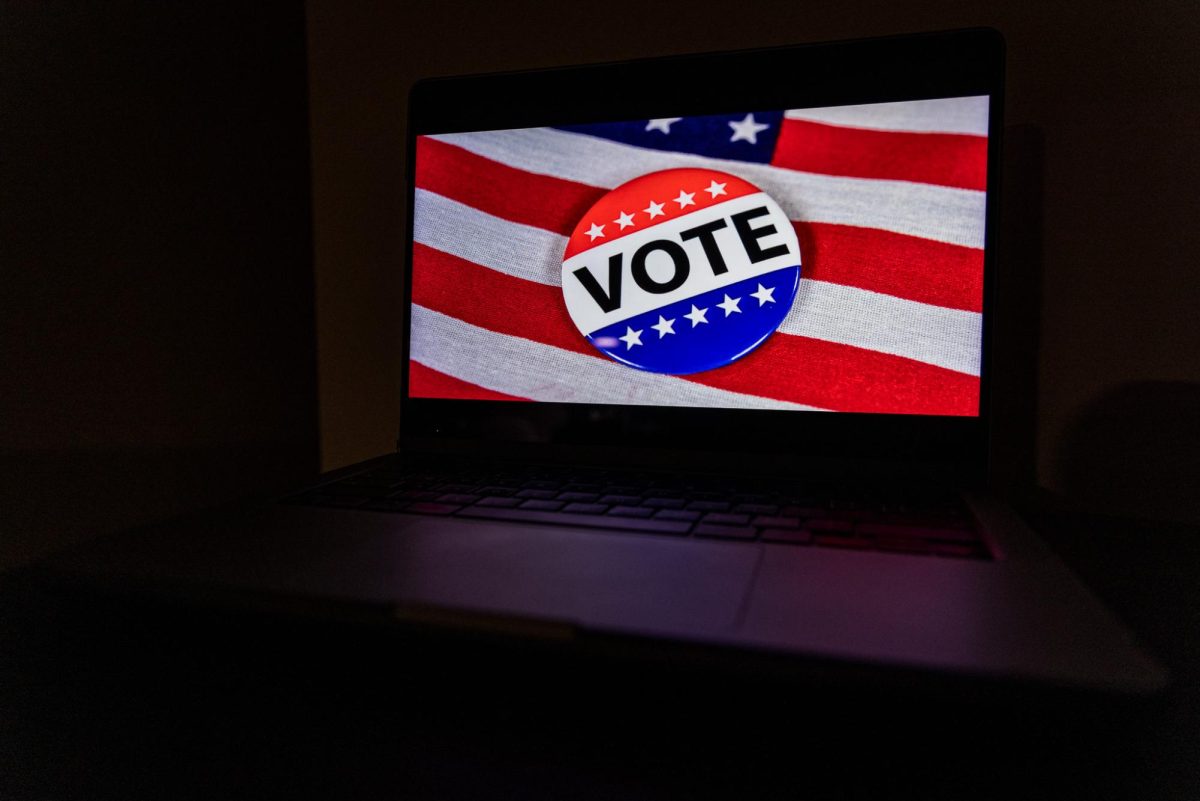
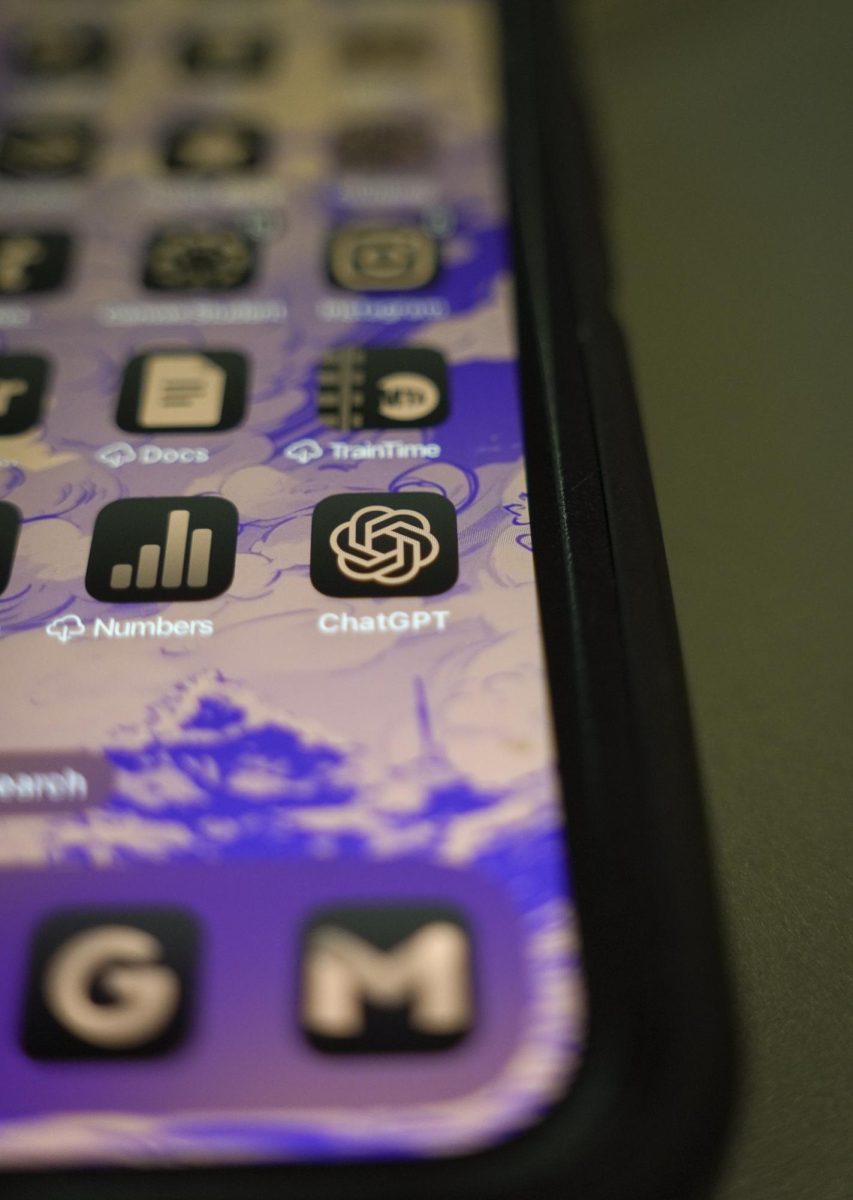

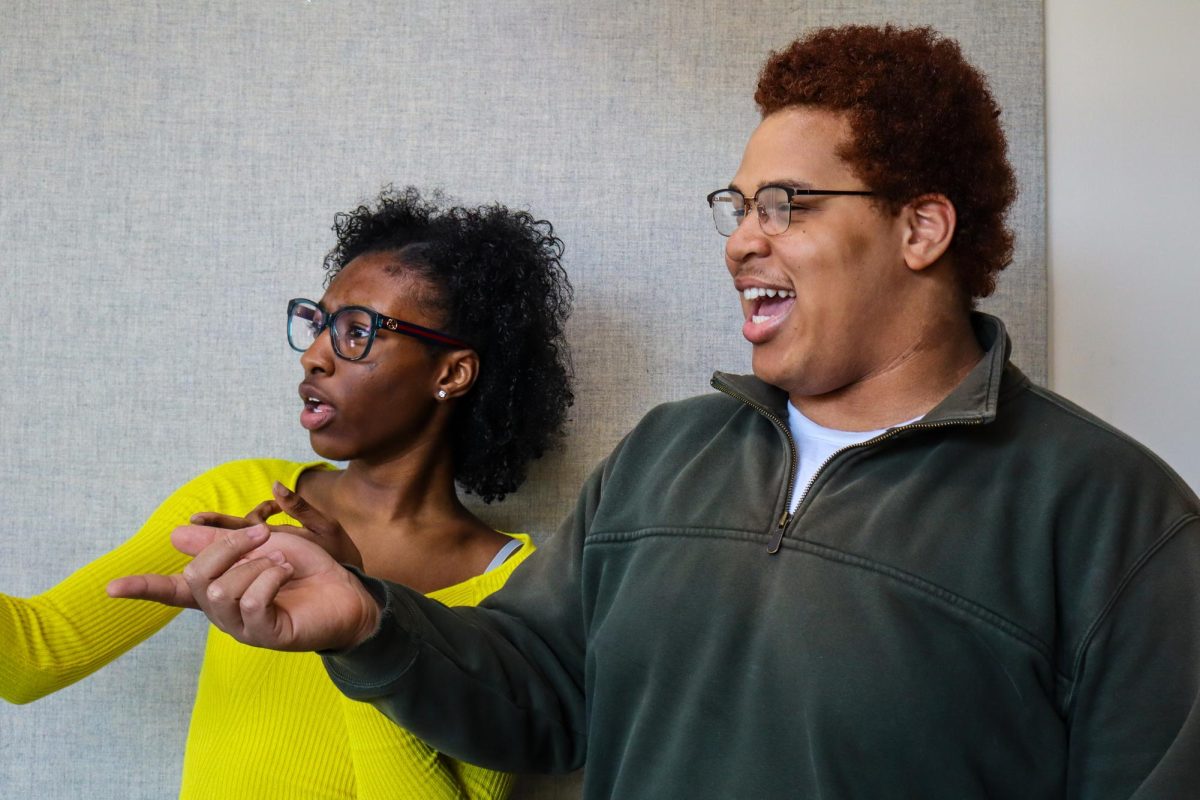
Anaria • Nov 6, 2024 at 5:28 pm
Why your vote matters:
After reading this article I found it very interesting. This article informs you how even though one president has the popular vote that does not make them the outcome for the electoral votes. How I feel about the electoral college is that it’s cool how you can see the states that voted for each side in the past. But also the electoral college can be very complicated if you don’t understand it. This election I can not vote this year but I agree how it’s important to vote especially in Pennsylvania because it is one of the bigger swing states meaning that it can flip flop on either side depending on the amount of votes each side receives.
justice • Nov 5, 2024 at 6:42 pm
No, I was not aware of the electoral vote. I thought that it all depended on the popular vote. It’s a smart concept to have two measurements of who won. I thought voting took a long time and was hard for you to do. I wonder if all 50 states get equal voice in the election I didn’t know that it was possible to win the popular vote but lose the electoral vote. If your vote matters why don’t they just have a popular vote? When did they put this system in place? How does this help the people decide who to vote for?
Cormac Linehan • Nov 5, 2024 at 7:52 am
Article 1 : Why Your Vote Matters by Priyal Sanathara. for this article I had no clue about the electoral information shared in this article. I say this because I had no clue about what the electoral college voting system was. Until recently I learned a tiny bit about what it was in Drew Benfers class of modern history and modernization. where we learned that essentially it is where you try to elect a candidate of your own choosing to a party of your favored choosing. From what I have learned in the article Why Your Vote Matters by Priyal Sanathara i have gathered that it is actually not the best way of voting when it comes to being equal and fair. As stated when The writer describes the electoral college voting system as a “Indirect voting method.” I used to not really care about the way the electoral college voting system worked. Now I know that it has a lot more meaning behind it then just electing someone to a office. – Cormac Linehan 9th Nov 5th 2024
Jermaine.L • Nov 5, 2024 at 7:48 am
This was a very interesting article. It makes me understand more about the voting system. Such as the electoral college and the popular vote. It made it clear of how they both work. The popular vote is the people voting, and the electoral college is basically the highest ranks in each state voting. Each state has different numbers of votes, and that what makes the electoral college interesting. Before this article I had some sort of understanding for the electoral college, but this make me understand it better. I think the electoral college is a good idea because it mixes things up, and makes the election more interesting. If someone were to vote it would be important. Every vote matters, and the election is a huge thing that happens every year. So you should vote while you can.
Jermaine.L • Nov 5, 2024 at 8:01 am
CORRECTION:
This was a very interesting article. It makes me understand more about the voting system. Such as the electoral college and the popular vote. It made it clear of how they both work. The popular vote is the people voting, and the electoral college is basically the highest ranks in each state voting. Each state has different numbers of votes, and that what makes the electoral college interesting. Before this article I had some sort of understanding for the electoral college, but this make me understand it better. I think the electoral college is a good idea because it mixes things up, and makes the election more interesting. If someone were to vote it would be important. Every vote matters, and the election is a huge thing that happens every 4 years. So you should vote while you
Rachel • Oct 30, 2024 at 8:35 am
I knew most the overview of the electoral college, that the popular vote doesn’t win, the candidate has to get a certain amount of electoral votes. I was also unaware of how people view this as unfair, that someone may perceive this aspect of voting as if their vote doesn’t count. As someone who cannot vote yet, I think the electoral college is fair, because its job is there to keep the balance in place. Again, though I cannot vote, I have always found voting extremely important. Especially as the author mentioned, in Pennsylvania, every vote matters. If you want to have a say in the outcome and have an opinion, but chose not to vote because you don’t like either candidate it’s hard to say that it is unfair to you.
Addison A • Oct 30, 2024 at 8:27 am
As someone who grew up watching politics with my mom and my grandmother anything that has to do with creating history grabs my attention. I have learned that when you don’t vote things could go terribly wrong for our country. I when you vote you are creating history weather it’s good or bad. Votining is not easy if you aren’t comfortable with it. It could be something really private or too controversial. There have been articles about people messing up the ballots. The fact that that even has to be a conversation is what makes voting so nerve-racking for others.
Jona • Oct 30, 2024 at 7:51 am
I knew most of the information about this, although I haven’t heard much about how the electors do their job before this. The electoral college worked better in the past but I believe that we should only be using the popular vote since we have more people and we can have the majority of the people be happy. Furthermore, I strongly believe that the electoral college fundamentally benefits the Republican Party, because 2 times out of the last 6 cycles, the Republicans won the electoral college, but the Democrats won the popular vote. Also, according to a study done by the Pew Research Center, 63% of all adults in America believe that the President ought to be chosen by the popular vote.
Anais • Oct 30, 2024 at 7:40 am
I have known this for some time now. I’m aware of how electoral college fundamentally works but I’m not sure about all the details. I find it depressing that some state’s outcomes are already decided. For example people who vote for the democratic party in Texas won’t matter because the state is already decided as a “red” sate. Even if it seems like your vote doesn’t matter I believe you should still vote because you never know and every vote matters. I also find it strange that the US hasn’t made any edits to constitutional convection. The US has used the same system for 250 years now and I believe its time for some changes. Why haven’t we already? Its ridiculous to use an outdated system in a modern day world.
Amir • Oct 18, 2024 at 1:58 pm
I think that every vote is valuable. All of our voices matter in votes and we should play a part in voting for who would be president and more. You never know, your vote could be the tiebreaker. It was cool learning about the Electoral College. People don’t think that their vote matters but it matters more than you think. It’s valuable to make our rights as citizens and voting is also free. My parents always go out and vote so I think we should all encourage our family members to vote and make a good choice.
Nelson • Oct 17, 2024 at 7:22 pm
I did know about the Electoral College, however, I think it is one of the most complicated systems in the American political scene. I think the Electoral College was built to be part of a redundancy system, so that all votes counted, however, as the political scene becomes more and sharply divided, I think it can come with its downsides. I do not understand why the popular votes need a balance, although this is a representative democracy, not a direct democracy. I am not voting this year, however, I do recognize that votes matter in a state like this, even if I still believe the Electoral College can be easily corrupted.
Rainy K. • Oct 17, 2024 at 1:47 pm
Thank you for providing so much clarity on such a detrimentally mystified system. With the election coming up, the prospect of eligible voters ghosting the ballots fills me with anxiety. The apathetic idea that ‘it doesn’t matter anyway’ is one of the most frustrating pieces of election rhetoric for me. Thank you for responding to that sentiment constructively.
Henry Goldstein • Oct 17, 2024 at 11:07 am
I don’t think that the Electoral College is 100% bad or 100% good. It’s more complicated than that, and the Electoral College was implemented as the system for electing presidents over a popular vote system for a reason. In 2016, Donald Trump won the election with 304 electoral votes, well over the 270 needed. However, Hillary Clinton won the popular vote by 2.9 million votes. This is largely because she racked up huge popular vote margins in California (4 million) and New York (1.7 million). This is why I think the Electoral College is good in some ways. If we had a direct popular vote system, over 62 million Americans who voted for Trump would feel like their vote counted for nothing. The Electoral College makes sure that everyone’s vote has some impact, specifically in swing states. However, I don’t think winning a state by one vote should get you all of the state’s electoral votes. It would be better to elect presidents based on how many of the 435 house districts they win throughout the country, with 218 needed for a majority. This would make people’s votes even more powerful in deciding the election
Casey Smothers • Oct 17, 2024 at 10:15 am
I think that it is incredibly important that the value of people’s votes, especially in swing states is emphasized. In reality, the most valuable voters to both parties are less politically involved residents of places like Pennsylvania, who have not already made up their minds well before the election like the majority of voters and live in states, which because of the way the electoral college is set up, essentially have the final say in national elections. Ultimately, the more that people are made aware of how consequential their votes are, the more representative our democracy can become.
Drew Shenkman • Oct 16, 2024 at 6:57 pm
Although I will not be able to vote in this upcoming election, I think there is no better time to educate yourself on politics. As an American citizen, it is your duty to vote. Our country is built upon the idea of freedom and democracy, and by voting, you are exercising your rights to life and liberty. Despite there being over 340 million Americans, only about 66% of those, or two-thirds, showed up and voted in 2020. This is where I think the ideas in the article come into play. The electoral college, which I believe is a flawed system, allows for the possibility of the popular vote to lose. I think this has caused many Americans to believe that their vote is essentially worthless. Still, there is no proposed alternative to this system and I am sure that the number of voters who voted in this election will be around two-thirds again. Unlike a third of the country, I will vote in every election to come. If you can vote now, vote for Kamala… please.
Hannah • Oct 16, 2024 at 7:30 am
I knew most of the information about the Electoral College in this article, but the various explanations in layman’s terms helped me understand it a little more. I extremely dislike the Electoral College as a system, as it means that individual votes have more weight depending on where you live, and the popular vote doesn’t matter. On the other hand, individual votes in swing states hold enough weight to completely change the results of an election. I won’t be able to vote in this election, but as a future Pennsylvania voter, I know that my vote will a lot of impact simply due to the nature of the state.
Timmy Ma • Oct 16, 2024 at 7:18 am
I already knew about the Electoral College system. The system is outdated and I think it should just be a popular vote. The Electoral College system makes it so that you can win the election even though most people vote against you than for you. This is not democracy. A way to fix this is to make the states not winner-takes-all. That is: you get a proportion of the votes in certain states based on what % of the state voted for you. I am not able to vote because I’m not a US citizen but it is also difficult to encourage other people to vote because it is generally awkward to ask for who they will be voting for. I am also a bit worried that if I do not know who a person supports and I encourage them to vote, they will then vote for the candidate that I do not support.
esa • Oct 16, 2024 at 7:17 am
Great points made! It’s very important for all voters to understand their right and power to vote in each election. I especially appreciated your note on votes technically going to an elector in your state, as some people (especially in swing states like PA) don’t realize just how powerful their vote is. I also enjoyed your point about how all votes matter, but california for example, is for the near future always going to be a blue state, but in states like PA it’s crucial for everyone to vote so we get the most beneficial outcome for the American people.
Jeremy • Oct 15, 2024 at 9:49 am
I know the importance of voting and how the Electoral College works. Also, I know Pennsylvania is a shake state which needs the political people always visit and have the speech. The popular vote is also not very exact. For example, Hilary won the popular vote but lose the election with Trump. In these shake states, outcomes there could swing either way. So, every single vote could make a significant impact.It also also brings up helpful points about knowing your rights as a voter, like how you don’t need to speak English to vote, and it’s illegal for anyone to intimidate you at the polls.
All in all, I get much more information which I did not touch before. Really helpful.
Sylvie • Oct 15, 2024 at 8:56 am
I did not know a lot of the information in the article, but I found it very informative and interesting. I had no idea that our votes went to different Electors depending on what state we are in. I think that the idea of the Electoral College is interesting. I heard about the assigned number of votes per state being 538, but now that I think about it more it feels small, but that may just be because of the way they add up the votes. I believe that the information about swing states, is especially important for people to know in this election. Considering the fact that there are quite a few swing states, I agree with the part about the importance encouraging people to vote.
Dean sadowski • Oct 15, 2024 at 8:53 am
I agree with the sentiment of this article, I understand why the electoral college was created and I don’t see it as an issue in our voting system completely but we run into this issue that was addressed in the article that your vote matters less because of what state you’re in? which is true if you look at it based off of red,blue and swing states. In 2016 Donald trump won the presidential race but more people in the American population voted for Hilary Clinton. Even though the majority of the United States voted for Hilary Clinton to be in office because she didn’t win the certain states she needed to win, she wasn’t put into office. I believe that this is an error that we should make a change to.